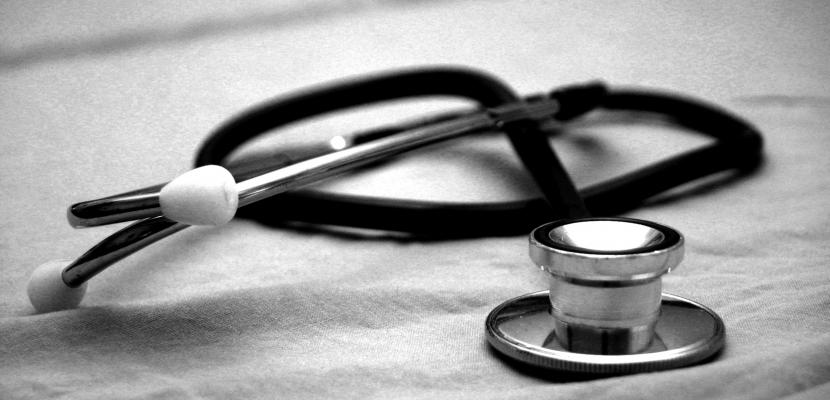
Better eat for less throw

About this good practice
At the Avignon hospital, annual food sourcing costs 2 M€ and food waste was estimated 100 t./year in 2016: in average for a €2.16 meal, €0.57 is thrown away. Since 2011 the hospital donated unconsumed meals to the Red Cross. Then further efforts have been achieved through a 360° action plan including: i) optimization of the ordering meals software ii) promotion of seasonality for fresh food as well as short supply chains iii) training staff to good practices iv) collecting bio-waste and set up a separated bio-waste chain. A mix of technological and social innovative actions have been carried out to identify/monitor food waste factors: overfilled plates, unsuitable food textures, tasteless dishes, ... At the onco-hematology service, food waste has been halved thanks to cold dishes while wasted bread has been reduced to 4 instead of 30% when stored at ambient temperature. At the end of the year, 1 t. of food waste have been avoided in the service. What recipes have enabled such results? The hospital bought a software for ordering patients’ meals and managing the preparation of food portions. A smart low temperature oven has facilitated slow cooking and provides extra taste without any condiment. Home-made meals, traditional food recipes, new format of individual trays have also significantly contributed to reduce food waste, without forgetting training for staffs. Between health education and waste reduction, food catering at the hospital is at the heart of a circular economy.
Resources needed
- New software (€100,000)
- Smart oven (€25,000)
- Coordination time
-Training staffs (74 FTE in the catering sector, 9,3 FTE in the dietetic one)
Evidence of success
- Food portions’ leftovers have been reduced from 90,000 to 9,000 individual trays between 2016 and 2018
- 1 tonne of food wasted avoided for 24 meals during 5 days / 52 weeks
- 90% of food recipes prepared at the hospital
- €50,000 saved on meat purchases thanks to the smart oven
- Patients are satisfied by new cold meals (64% satisfied, 22% very satisfied)
Potential for learning or transfer
This practice is really eco-innovative as it breaks stereotypes at hospitality catering level, especially in a kitchen providing 840,500 meals per year. Taking into account patients’ nutritional and taste needs and their pathologies in planning food menus while addressing food waste objectives and resource efficiency is something really interesting for other regions. This project is supported by public policies (PACA region, French government and the environmental and energy agency).
Further information
Website
Good practice owner
You can contact the good practice owner below for more detailed information.
Avignon Public Hospital

